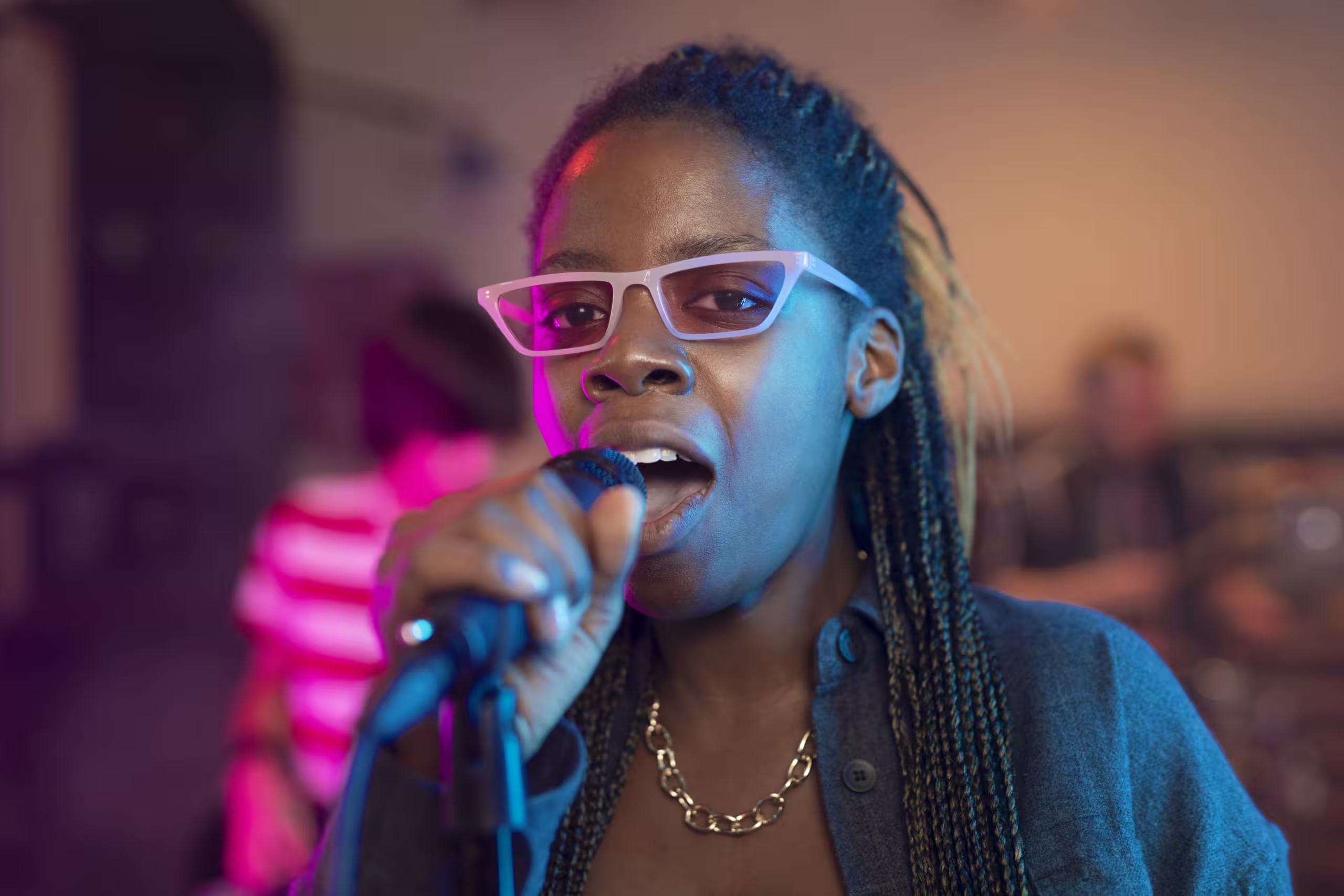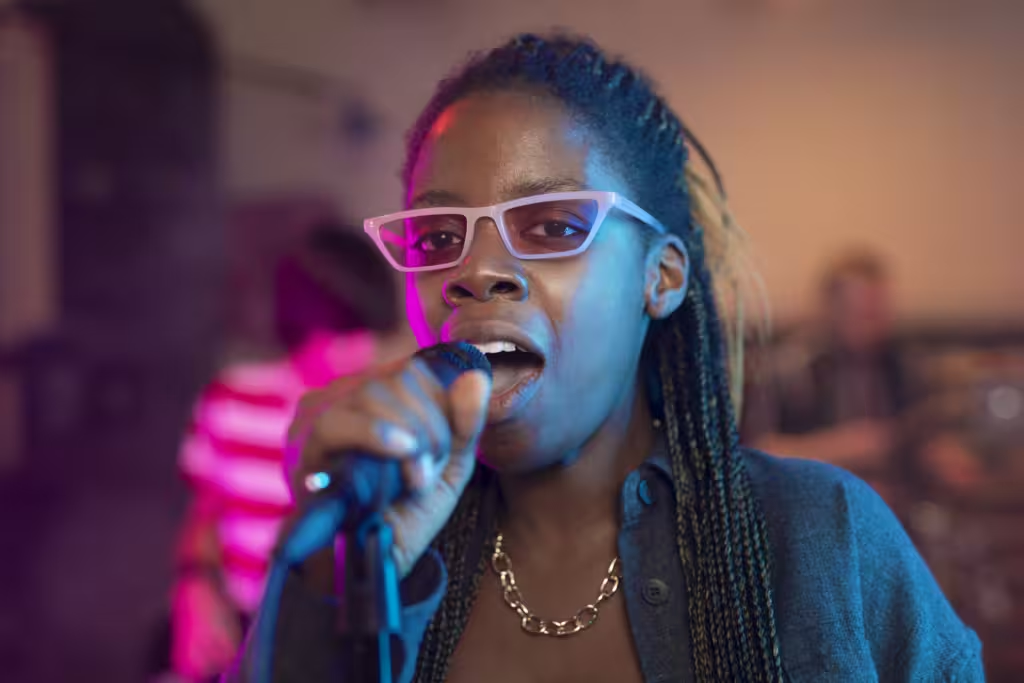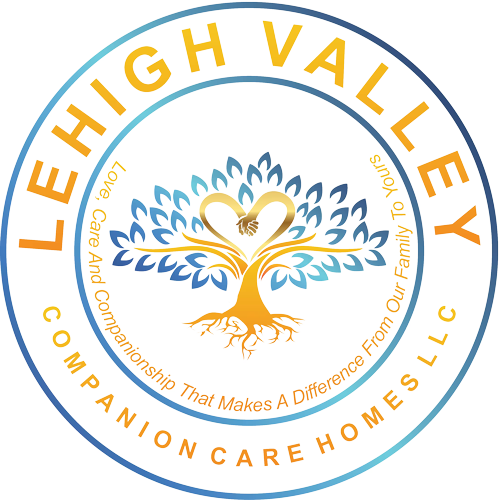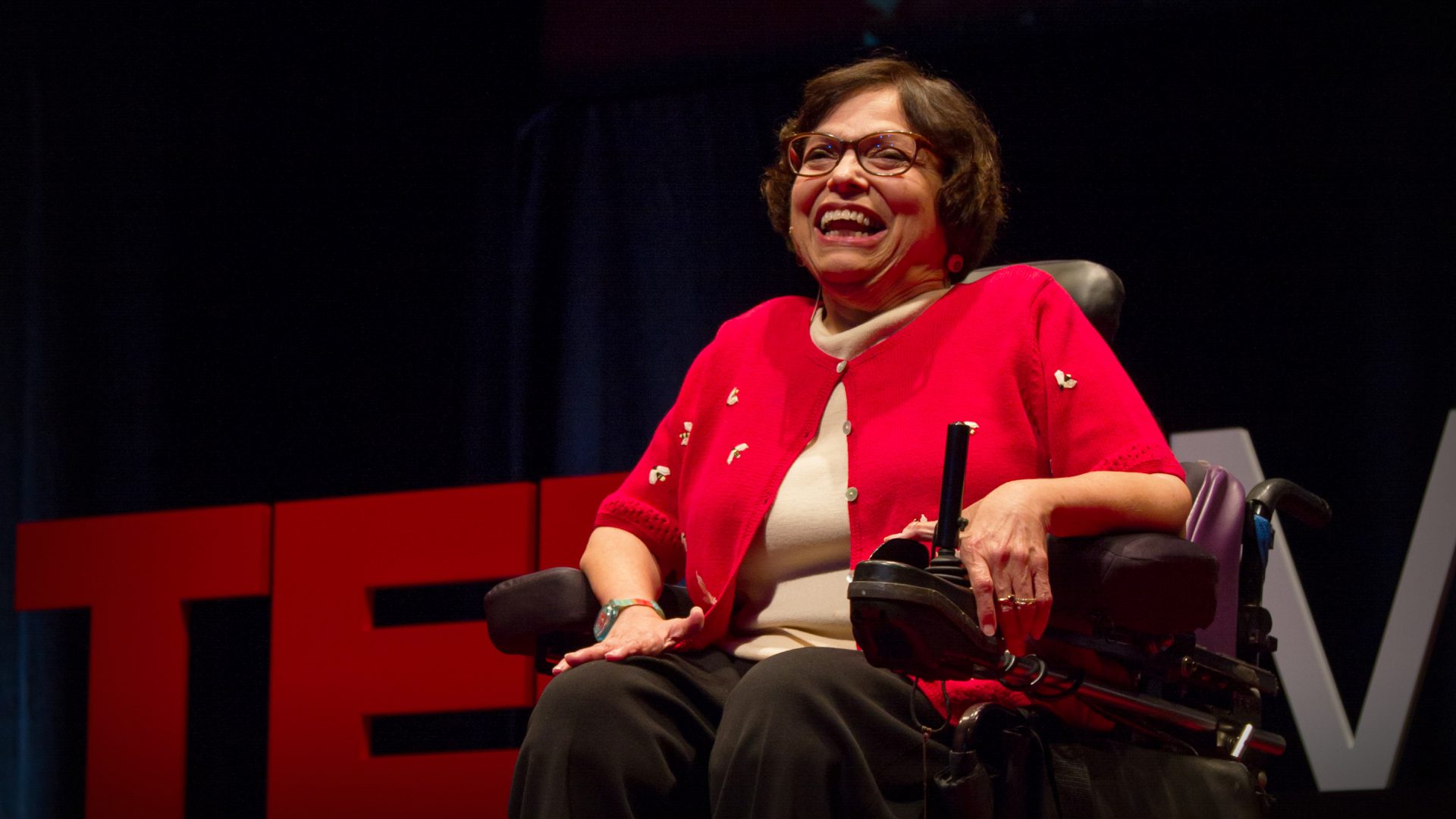
Making Music Accessible: How Disability Advocates Are Transforming Concert Venues
At Lehigh Valley Companion Care Homes, we believe that every individual, regardless of their abilities, deserves to fully experience life’s joys. This includes the vibrant world of live music. Yet, for many individuals with disabilities, attending concerts can still be an uphill battle. Recent reports have shed light on the ongoing struggles for better accessibility in music venues across the U.S. — a poignant reminder that while the Americans with Disabilities Act (ADA) has brought great progress, there is still a long way to go.
The ADA: A Landmark, But Not Always Enough
Since its passage in 1990, the ADA has prohibited discrimination against people with disabilities and set minimum standards for accessibility in public spaces, including music venues. However, many concert halls and event spaces have been slow to implement these changes. Venues like Denver’s iconic Red Rocks Amphitheatre, which has been hit with multiple lawsuits over the past decade for ADA violations, serve as a sobering example.
Despite being one of the most recognizable entertainment venues in the country, Red Rocks was sued for charging more for accessible seating and offering limited options for wheelchair users. This is a common theme across the industry—where venues often meet only the bare minimum of ADA requirements, and many are only motivated to do so when forced by litigation or public pressure.
Fighting for Inclusion: Disability Rights Advocates Take the Lead
In Denver, disability rights advocates like Alison Butler and Kirstin Kurl have led the charge in pushing for more accessible music venues. Their work, along with other disability organizations, has pressured venues like Red Rocks, Ball Arena, and Planet Bluegrass to introduce improvements such as LED open-captions (subtitles on screens), accessible seating, and better parking options. For people with disabilities, attending concerts is about more than just hearing the music. Many attendees enjoy feeling the vibrations of the music, dancing with friends, or being part of a social event. Denying them these experiences due to lack of accessibility limits not only their enjoyment but also their sense of belonging in these shared cultural moments.

Technological Solutions to Enhance Access
The good news is that technology is beginning to play a key role in enhancing accessibility at music venues. Emily Shuman, director of the Rocky Mountain ADA Center, highlighted how advancements like assistive listening systems, live captioning, and wayfinding apps are helping to make venues more inclusive. Hearing loops, for example, can transmit sound directly to hearing aids, making it easier for people with hearing loss to enjoy live performances. Other solutions, such as online reservation systems for accessible seating and adjustable text websites, help make the overall concert-going experience smoother for everyone.
A Long Way to Go
While newer venues like Mission Ballroom and Levitt Pavilion in Denver are taking steps toward greater inclusivity, many older or independent music venues struggle to make the necessary upgrades due to cost. Installing elevators, ramps, or other necessary features can be expensive, and smaller venues often lack the funds to make these changes.
Nonetheless, advocates like Kalyn Heffernan, who helped create the first-ever accessibility guide for Denver’s Underground Music Showcase, emphasize that the fight for access is not about shaming venues but about providing information and support. Her work, which audited venues for accessibility, shows that while the road to fully inclusive concerts may be long, progress is being made.
The Role of Advocacy in Making Change
For people with disabilities, it is not just about being able to attend a concert — it’s about being treated equally and having the same opportunities to participate in cultural life as anyone else. Alison Butler, now Denver’s Division of Disability Rights director, summed it up best when she said: “The ADA is almost 34 years old, so it gets difficult to sympathize with businesses who say, ‘How can I possibly do that?’ … The ADA should just be the cost of doing business.”
At Lehigh Valley Companion Care Homes, we understand the importance of advocacy in improving accessibility not only in entertainment but also in everyday life. We work tirelessly to ensure that individuals with disabilities in our community have the support they need to live full, independent lives. Whether it’s providing the right care, advocating for better policies, or raising awareness of the issues that affect people with disabilities, we are committed to fostering inclusion in every aspect of society.
A Call to Action: Building an Inclusive Future Together
As the entertainment industry continues to evolve, it’s crucial that we, as a society, support efforts to make all spaces accessible. Disability advocates, legal organizations, and forward-thinking venues are paving the way for a future where everyone, regardless of ability, can share in the joy of live music and cultural experiences.
We invite you to join us in supporting these efforts. Whether by spreading awareness, supporting local accessibility initiatives, or simply being mindful of the needs of those around you, we can all play a role in making the world a more inclusive place for everyone.
At Lehigh Valley Companion Care Homes, we’re dedicated to empowering individuals with disabilities, ensuring that they can participate in all aspects of life, including the arts. By working together, we can break down barriers and create a community where everyone belongs.
References: The article draws inspiration from a detailed report on accessibility challenges at venues like Red Rocks Amphitheatre and Ball Arena in Denver. The original article discusses the fight for ADA compliance and the impact of disability rights advocates on pushing for change in the entertainment industry.


